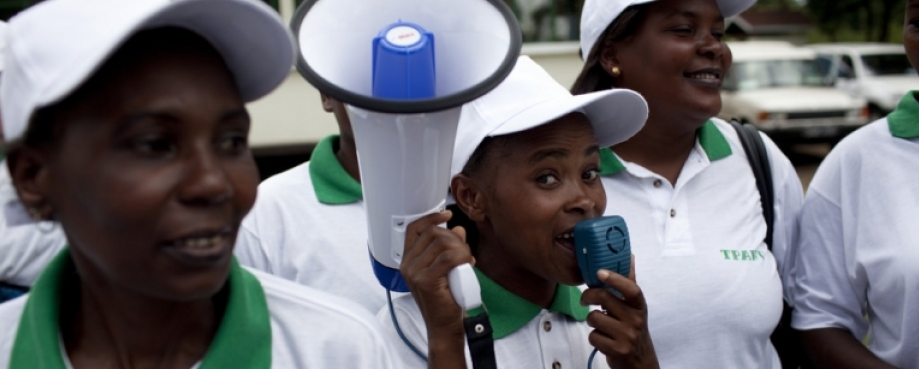
The global annual day set aside to recognise and highlight Decent Work (SDG8) is this week and the call for 2020 is “A New Social Contract for Recovery and Resilience” #WDDW20
Putting aside the devastation on jobs & livelihoods caused by the pandemic – which by the way, the ILO estimates 345 million full-time jobs lost by the end of the 3rd quarter of this year with informal workers significantly affected – I’ve found this years 2020 ITUC Global Rights Index report particularly disturbing.
This is the 7th edition ranking of 144 countries on the degree of respect for worker’s rights – the set of rights that provide protection for workers at work and should be the scaffolding on which the concept of Decent Work is built. The report clearly demonstrates a regression – yes, some gains and improvements in Vietnam, Argentina, Namibia, Ghana, and Spain but overall:
- 72% of countries denied workers access to justice – up 20% since 2015
- In 51 countries workers have been exposed to violence with workers killed in nine countries – the America’s still the deadliest place for workers
- 56 countries have cracked down on freedom of speech with extreme cases and well documented in Hong Kong and Turkey.
- 61 countries have flexed their muscles with workers experiencing arbitrary arrests and detention with trade union leaders from Indonesia, Korea and Turkey were among high profile arrests.
Recognising that behind each statistic is a life, wage earner and provider I find it hard to find the decency in these appalling statistics. Add to this the effects of the pandemic on employment, incomes, security and health and broken political, economic and social systems – it’s salt in the wound of those trying to make ends meet, provide for their families and who can but dream of workplaces that are free from violence, pay fair wages and respect the individual regardless of race, creed, gender or caste.
It’s blatantly obvious that
- Change needs to happen and urgently, and
- Calls for action on SDG8 need new impetus
In the context of recovery from the pandemic, the ITUC is calling for a new social contract between societies and governments; a contract that builds on decent work for all – secure employment, social protections, respect for labour rights & protections and equality and inclusion for all.
For those of us in the supply chain world, adjusting to the big changes ahead will not be achieved by business as normal. The time has come to bring all stakeholders together to build supply chains that truly reflect Decent Work in that they are fair, inclusive, responsible, and sustainable, and which work for business, workers, and planet.
